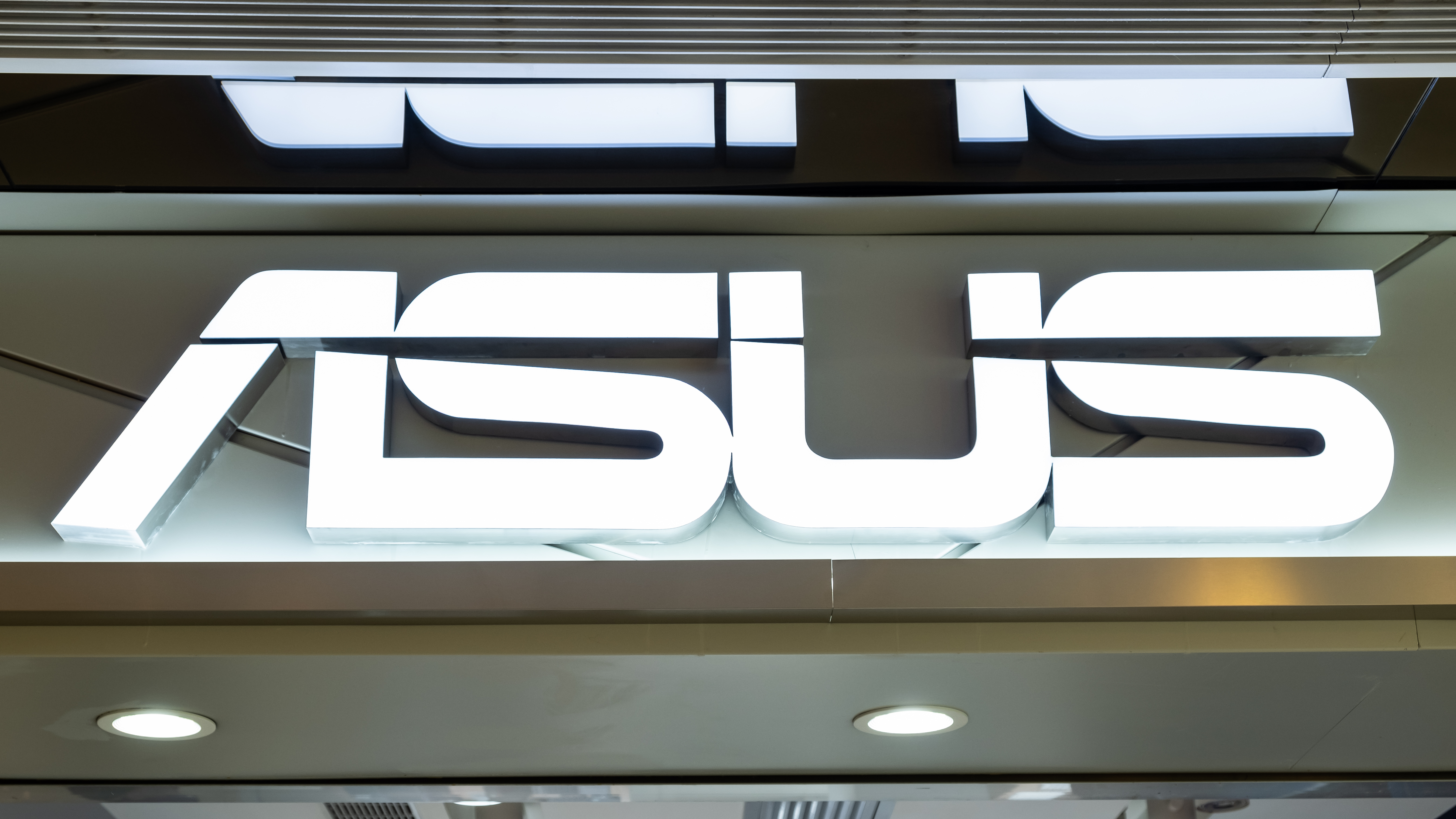Which Carrier Should You Choose for the Galaxy S9?
We've compared the Big Four wireless providers, as well as a few alternatives, to recommend the best network for your Galaxy S9.
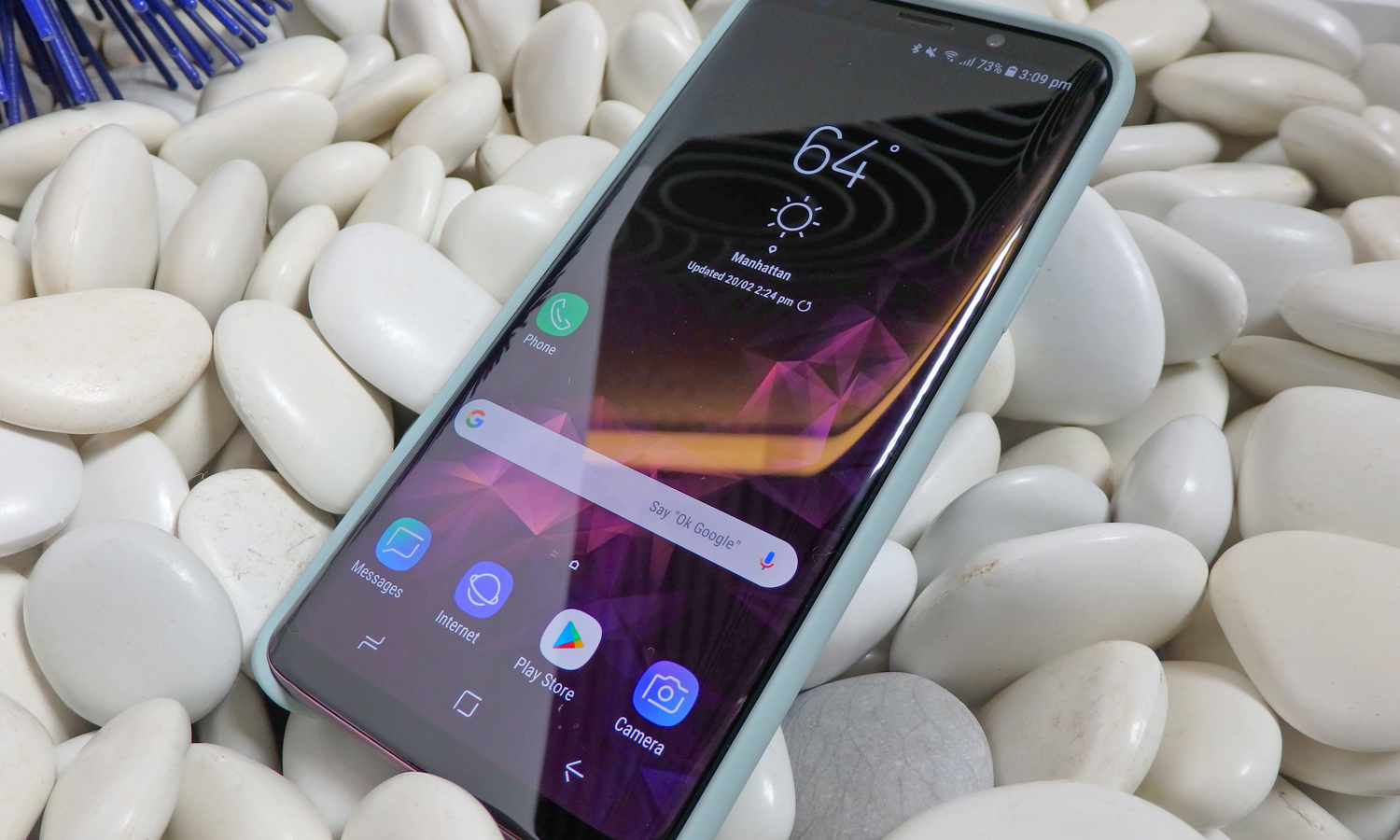
You're not hurting for choices for wireless carriers to use with Samsung's new Galaxy S9 and S9+. While some phones still launch as exclusives for specific networks and others hit the market only as unlocked devices, the Galaxy S line has historically been widely available across the majority of service providers. And that's the case with the new S9, which is available for preorder from all Big Four carriers now and will hit major prepaid providers this coming Friday (March 16).
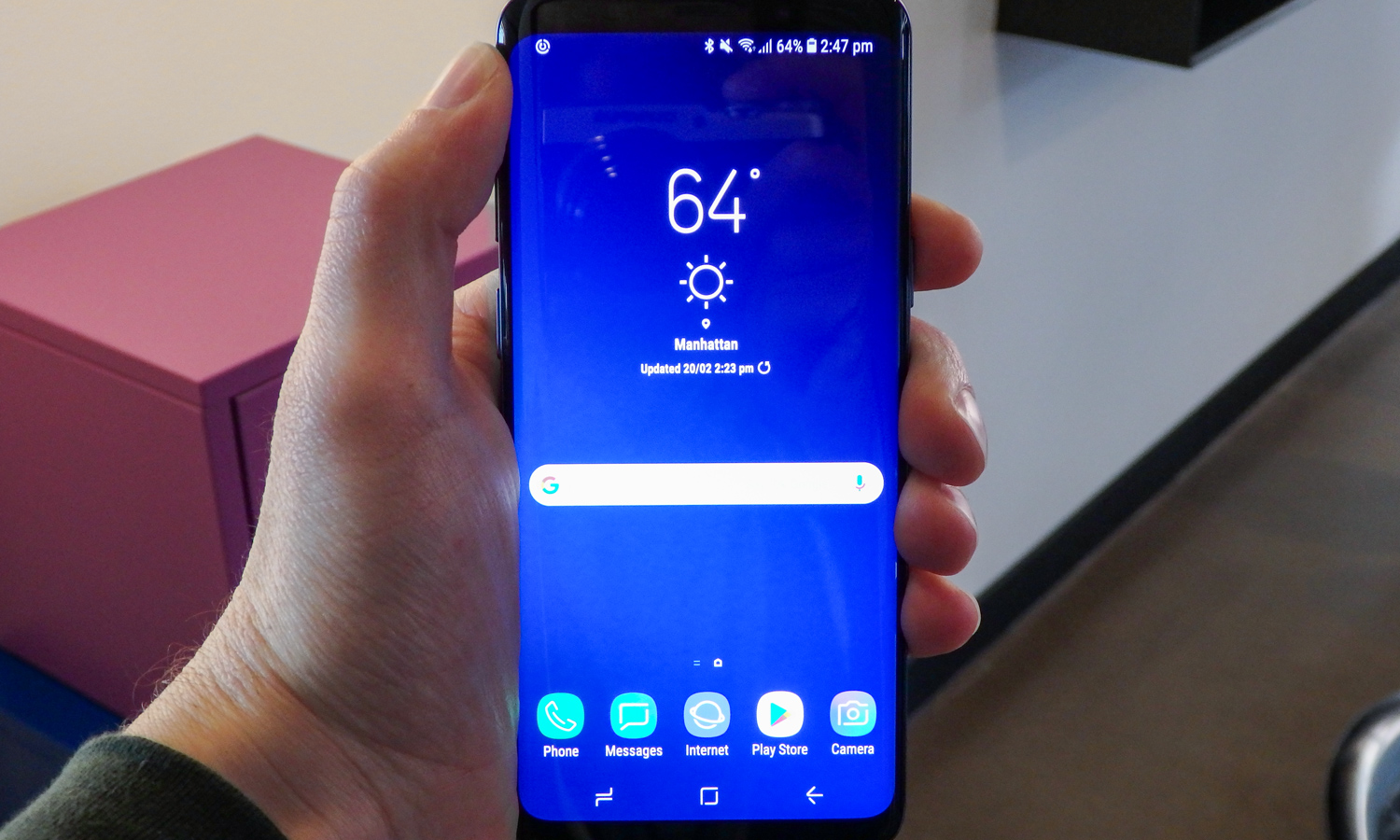
All that choice is great, but it also means you have some options to weigh. Fortunately, we've done all the homework for you, so you know exactly where to go for the best experience and the best deal. Here are our recommendations, based on everything from pricing to network performance.
Galaxy S9 and S9+: Carrier Recommendations
| Carrier(s) | Cost | |
| Best Galaxy S9 Price | T-Mobile | $720 |
| Best Unlimited Monthly Plan | T-Mobile | $70 per month |
| Best Prepaid Option | MetroPCS | $40 per month for 5GB |
| Best Unlimited Family Plan | T-Mobile | $70 for first line, $50 for second, $20 for each after |
| Best Network Performance | Verizon | $85 per month for unlimited, $55 per month for 5GB |
| Best Support | Verizon | $85 per month for unlimited,$55 per month for 5GB |
Best S9 Price
The S9's price varies quite a bit depending on where you go to buy it. You don't get any price breaks for ordering your phone through a carrier along with a two-year contract; you'll pay the same amount that you would if you bought the phone outright, only with those payments spread out over time.
Samsung, T-Mobile and Xfinity Mobile slide in with the cheapest S9, at $720. Do note, though, that Xfinity requires its customers to be subscribers of its home internet, phone or TV service as well, which will be a roadblock for most users.

That $720 shakes down to $30 per month for 24 months. Sprint and Verizon, which charge a whopping $792 and $800, respectively, will demand about $33 a month. (Sprint's offer is an 18-month lease; Verizon's payments stretch out for 24 months, after which you'll own the phone.) And although it might look like AT&T has a good deal in that it charges only roughly $26 for the phone every billing cycle, payments at AT&T are spread over 30 months, not 24.
MORE: Galaxy S9 Smokes iPhone X on 4G Speed Tests
Pricing for the S9+ follows a similar pattern, with Samsung, T-Mobile and Xfinity offering the larger of the two new phones for $840. (T-Mobile's monthly plan requires a $120 down payment but keeps monthly charges at $30.) Sprint, AT&T and Verizon charge $912, $915 and $930, respectively, for the S9+.
Sign up to get the BEST of Tom's Guide direct to your inbox.
Get instant access to breaking news, the hottest reviews, great deals and helpful tips.
Then, of course, there's the possibility of trade-in credit, with every major carrier and Samsung offering up to $350 off the price of a new device, depending on the phone you turn over. T-Mobile does slightly better, with a peak discount of $360 for both models. The newest iPhones and Galaxy S and Galaxy Note handsets typically claim the largest rebates, so keep that in mind. Another thing to remember: Carriers typically spread those rebates out in the form of monthly bill credits that will disappear should you switch to another carrier before your S9 is paid off.
Speaking of switching to other carriers, you can also get some money back if you use your S9 purchase to move your phone line over to a new service. Sprint, Verizon and AT&T offer $150 credits to customers who change service.
Prepaid carriers like MetroPCS, Boost Mobile and Cricket Wireless aren't offering the Galaxy S9 or S9+ just yet, though that changes on March 16. If you can't wait until then or if you want to take the phone to another discount carrier, you can buy an unlocked model from Samsung.
Best Monthly Plan
Each of the Big Four carriers and even many of the prepaids offer unlimited-data plans now, in addition to the tiered options that customers may be more familiar with.
| Carrier | Monthly Price for Galaxy S9 | Monthly Price for Best Unlimited Plan | Total Monthly Cost | Notes |
| T-Mobile | $720 | $70 | $100 | 24-month term, includes taxes and fees |
| Verizon | $800 | $85 | $118.33 | 24-month term |
| AT&T | $790 | $80 | $106.34 | 30-month term |
| Sprint | $792 | $60 | $93 | 18-month lease |
We'll start with the unlimited offerings, where T-Mobile comes in with a solid balance of cost and performance with its $70-per-month plan. For one, taxes and fees are included in that price, which is a big plus. As always though, there are caveats. T-Mobile caps your video streaming at 480p, and if you use your Galaxy S9 as a mobile hotspot, devices connected to it are limited to 3G speeds. Watching a video in 640 x 480 resolution on a display that can support 14 times that resolution does feel pretty cruel; however, for an extra $10 a month, you can add HD quality, plus some other nice perks, to the package.
MORE: Galaxy S9+ Review: The Android Phone to Beat
Sprint's unlimited plan is even cheaper, at $60, and outperforms T-Mobile's unlimited plan in a few key areas. For one, HD streaming comes standard, and customers get 10GB of LTE data when they use their phones as hotspots. However, Sprint still restricts music streaming and gaming to 1.5 Mbps and 8 Mbps, respectively. Furthermore, Sprint reserves the right to throttle your speeds after you've consumed 23GB in a billing cycle. That's about on par with Verizon and AT&T, at 22GB, but far away from T-Mobile's 50GB limit.
Speaking of which, AT&T and Verizon's best unlimited options are actually quite similar: Both permit HD streaming, and both give you 15GB of LTE hotspot data. AT&T's unlimited runs $80 per month, while Verizon charges the most of the four, at $85. (The two carriers also have lower-priced unlimited plans that have restrictions on video streaming and reserve the right to throttle your data speed if their networks are congested.)
If it's a family plan you need, the pricing gets a little more complex. We like T-Mobile's plan, which runs $50 for the second line (after the introductory $70), followed by $20 for each line thereafter. That means that a family of four would run $160 every month; as of this writing, T-Mobile is waiving the fee on that fourth line.
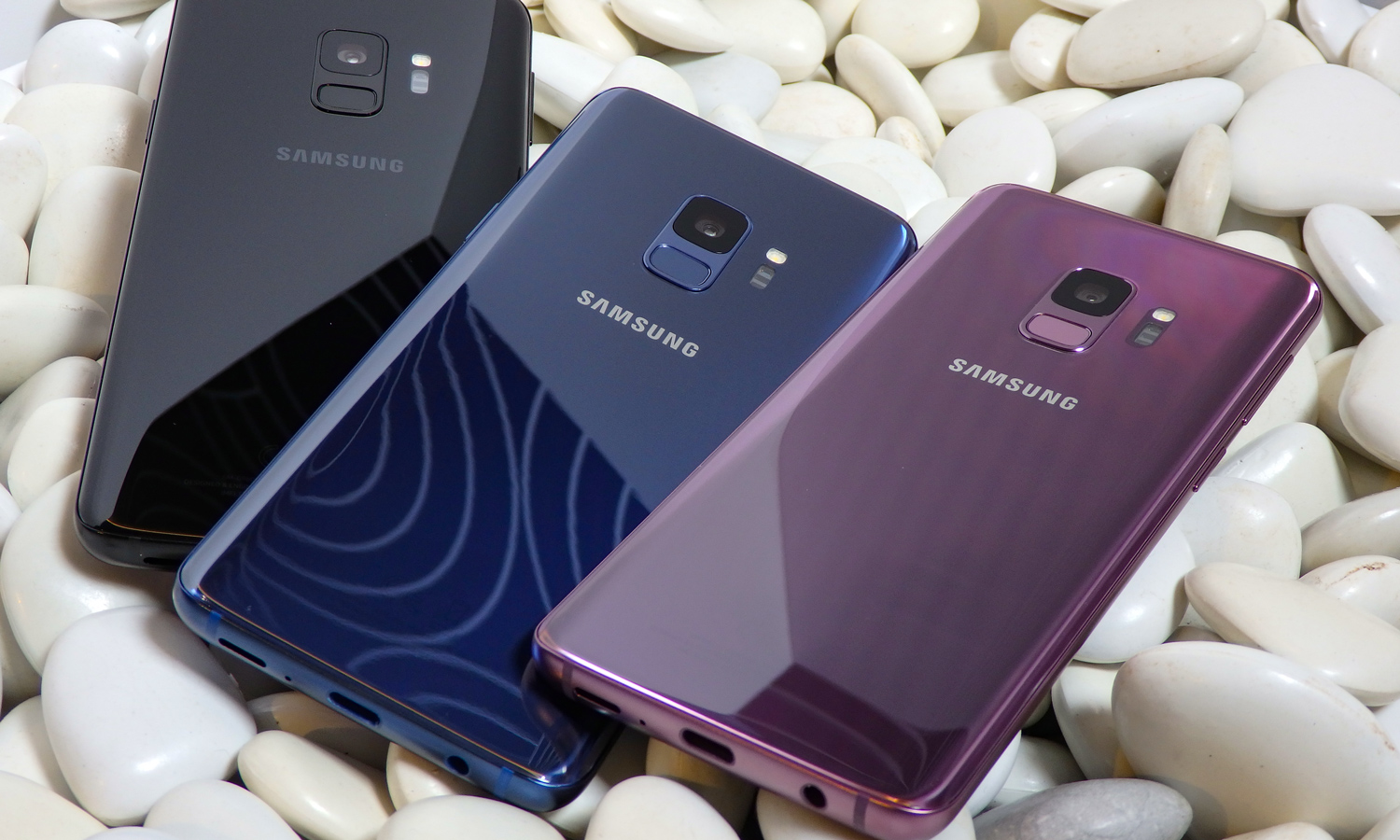
Technically, Sprint's family plan is cheaper to start, as new subscribers will pay only $100 until March 2019; after that, the cost jumps to $160 as well. Verizon and AT&T offer similarly priced options, though users of these plans are subject to heavier throttling and face more speed and usage restrictions in general.
As for tiered plans, most people need only about 5GB of data monthly, which makes Verizon's $55 for 5GB offering quite compelling. AT&T charges an extra $15 a month for the same amount, though the data you don't use gets rolled over into the next month's capacity.
Finally, if you're looking to save the most and go prepaid, you can't go wrong with MetroPCS' 5GB-for-$40 option. MetroPCS is a subsidiary of T-Mobile, a network that is second only to Verizon for overall performance. But for those who have even less to spend, Boost Mobile's 3GB for $35 and Republic Wireless' 2GB for $25 are reasonably priced alternatives. (You'd have to bring your own S9 to Republic, though.)
Best Network Performance
Although the Qualcomm X20 modem inside the Galaxy S9 is capable of 1.2Gbps downloads, modern networks still can't support those speeds and probably won't until 5G debuts.
In the meantime, we tested LTE speeds in six cities last year and found that Verizon offers the fastest throughput, with an average of 36 Mbps. AT&T claimed the second-fastest downloads, at 25.6 Mbps, followed by T-Mobile's 23.5 Mbps and Sprint's fourth-place showing of 17.7 Mbps. For uploads, the order of the first two was switched, and T-Mobile led the pack with 16.3Mbps average, followed by Verizon, at 14.7Mbps.
MORE: And the Best Mobile (4G) Network In the U.S. Is...
Prepaid customers should note that because MetroPCS operates on T-Mobile's towers and Boost does the same with Sprint's network, these carriers' speeds shouldn't deviate too much from the results above. Carriers typically say they may prioritize traffic for their post-paid customers over traffic originating from their prepaid subsidiaries, but you won't likely notice this phenomenon very often.
The lone exception to that rule is Cricket Wireless, which enforces a hard cap of 8Mbps at all times for all its customers, even though AT&T's data speeds routinely surpass that.
Best Customer Support
If you find yourself frequently calling upon tech support for help, you'll want Verizon. Not only are the company's phone representatives helpful and clear, as we discovered during our latest undercover tests, but its social media channels are also equally informative, and its website offers a seemingly limitless number of guides and how-tos. These will surely help you unlock some of the Galaxy S9's most powerful features and troubleshoot issues as they arise.
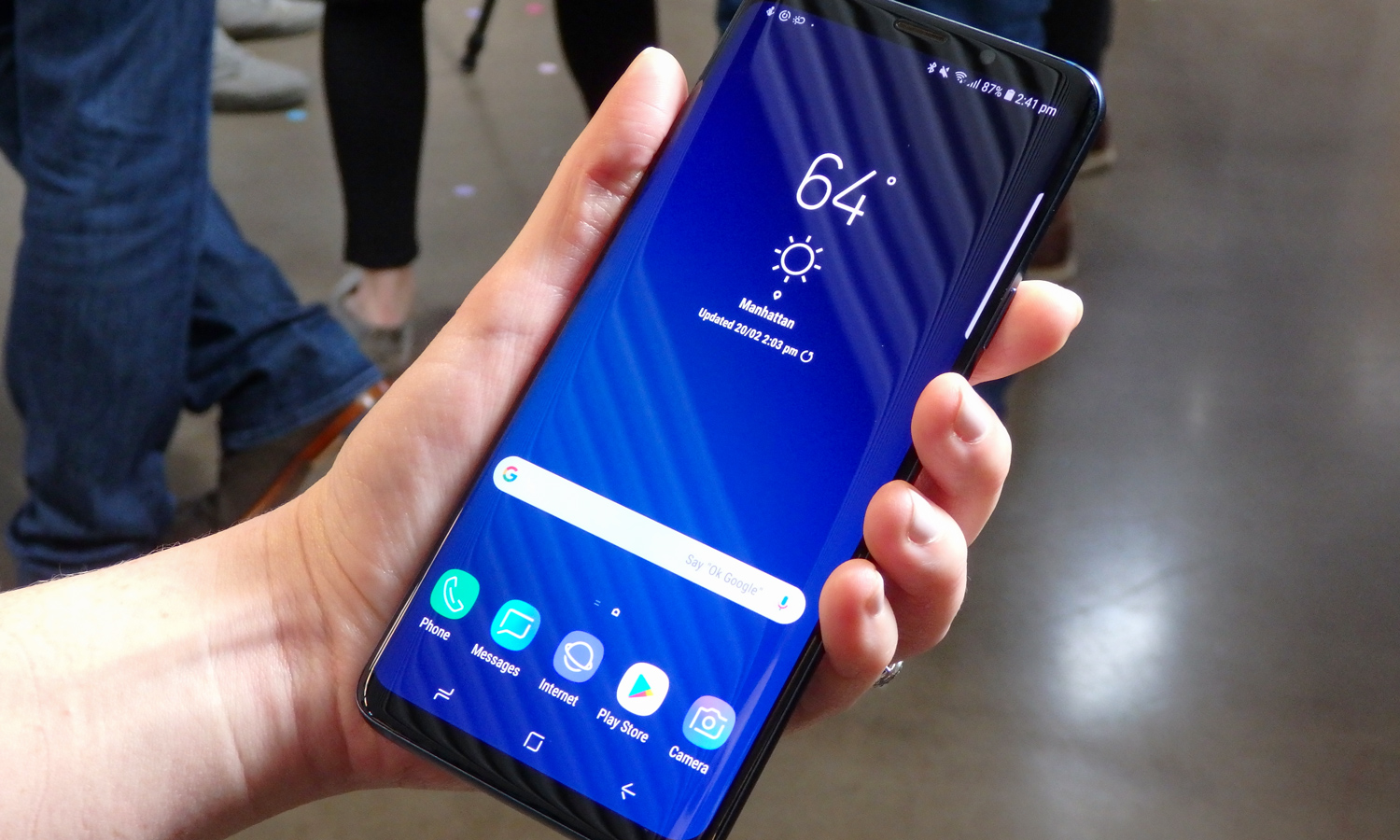
T-Mobile fared nearly as well, though we wish its website were a bit better-designed for visitors who need support, not a new phone or service plan. On the other hand, we much preferred AT&T's online presence, but the company's call centers rarely provided us with correct answers. Ditto for Sprint, whose representatives were flustered by some of our questions and seemed not terribly well-informed on active promotions.
MORE: 10 Ways the Galaxy S9 Beats iPhone X
Unfortunately, if you opt for prepaid, don't expect to get better support when you need it. Boost Mobile and MetroPCS finished behind all four prepaids in our customer-service ranking, thanks to lengthy phone calls and disorganized resources on the web. The lone positive outlier was Cricket, which slotted between parent company AT&T and Sprint in the final result.
Bottom Line
Choosing among carriers is a game of compromises. Although there isn't one surefire answer that is going to work for all Galaxy S9 owners in all circumstances, we believe Verizon and T-Mobile lead the rest of the industry, though each one has unique strengths.
Verizon's unlimited plan is the most expensive, and it also charges the most for Samsung's phone. But its coverage is unmatched, its data speeds lead the industry, and its customer support experience is top-notch. For those who can afford it, this is the best choice.
Then again, if you're willing to give up a little in each of those categories — coverage, speed and service — T-Mobile is an excellent alternative that costs less up front and far less in the long term.
Finally, S9 owners on a budget would be wise to look to MetroPCS, the T-Mobile prepaid carrier that offers similar performance to what the company's core subscribers receive, only at a much-reduced monthly rate. Unfortunately, while the S9 will hit MetroPCS on March 16, customers will have to pay in full up front to get the phone. If you're not put off by that, and if you won't mind solving some problems on your own if customer support can't help you, MetroPCS is by far the most cost-effective route.
Credit: Tom's Guide
Adam Ismail is a staff writer at Jalopnik and previously worked on Tom's Guide covering smartphones, car tech and gaming. His love for all things mobile began with the original Motorola Droid; since then he’s owned a variety of Android and iOS-powered handsets, refusing to stay loyal to one platform. His work has also appeared on Digital Trends and GTPlanet. When he’s not fiddling with the latest devices, he’s at an indie pop show, recording a podcast or playing Sega Dreamcast.
-
shawndugout13 Best network is debatable and no mention of what testing method was used. You can find many articles on different test and show T-Mobile is top as well. It is getting that close. I will give Verizon a slight edge overall as of now though. I do disagree however on customer care. It seems the testing method here was very limited. More data is out there that supports T-Mobile. In fact, It is one of the reasons T-Mobile added more customers than anyone else along with as mentioned, price and plans.Reply -
shawndugout13 Un-carrier ranked #1 in Customer Service Satisfaction, Most Likely to Recommend, Net Promoter Score and Overall Customer Satisfaction, based on Nielsen Mobile Insights survey data*Reply
Bellevue, Washington – February 1, 2017 –According to the latest data from Nielsen Mobile Insights (NMI), T-Mobile (NASDAQ: TMUS) closed out 2016 ranked #1 in Customer Service Satisfaction ahead of Verizon, AT&T and Sprint. And, nobody was better than the Un-carrier in Customer Service Satisfaction All. Year. Long. This isn’t just back to back, this is back to back times twelve.
And to throw some magenta icing on the cake, T-Mobile closed out 2016 on top as the #1 wireless service provider in Overall Customer Satisfaction, Net Promoter Score and Likelihood to Recommend. In baseball, that’s called a grand slam. -
suvspoort Why is it if you buy a unlocked phone you don't get video calling with it. Don't understand why they say you would have to download a third party app. Please can someone answer my question or did I just miss understand it.Reply
